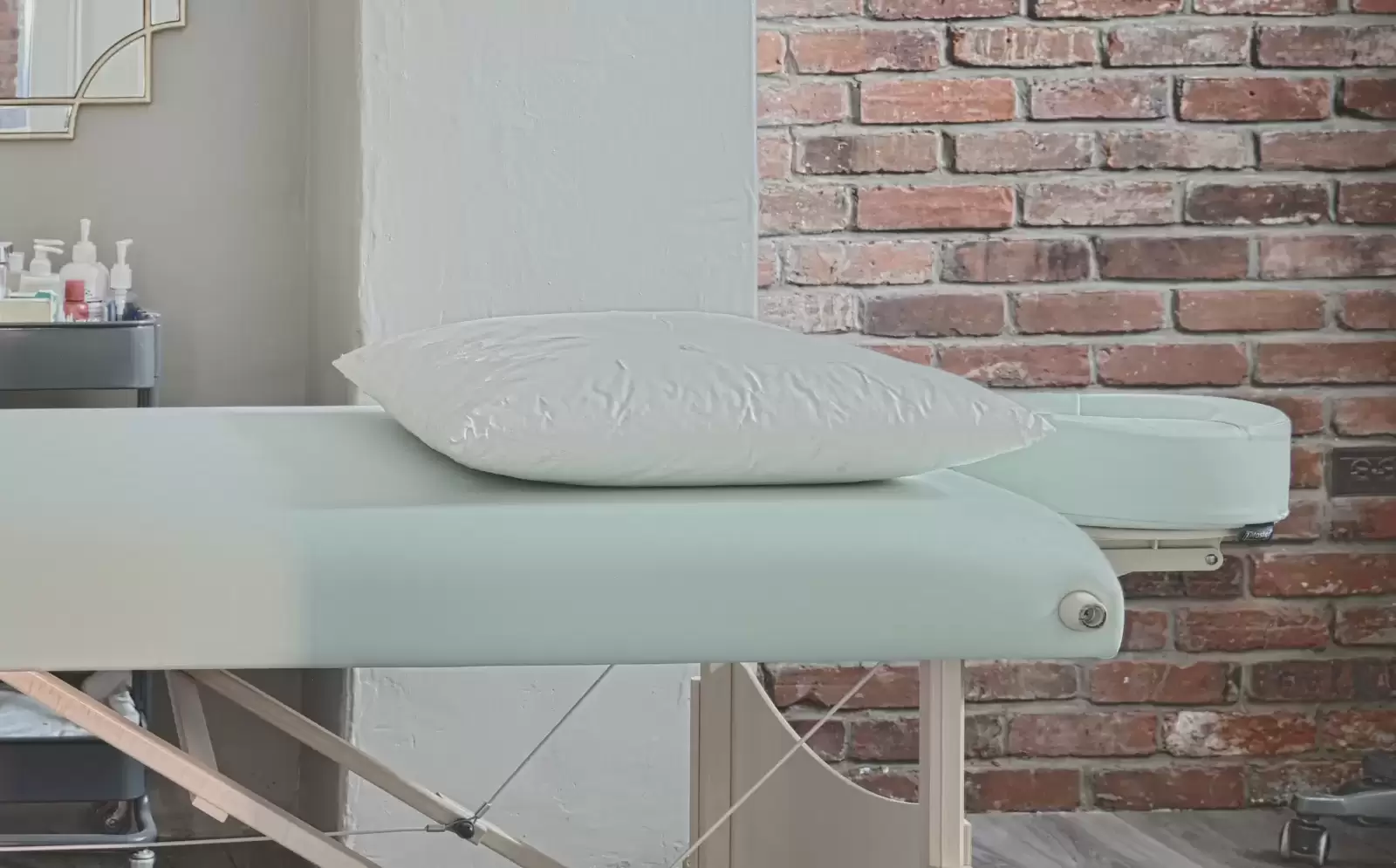
How Anxiety Can Perpetuate Substance Use
Approximately three million individuals (11.6%) were affected by anxiety in Canada in 2013. Many factors in your daily life can contribute to anxiety. Among these factors are conflicts with friends or family, financial issues, health complications, work troubles, and much more.
When anxiety gets the upper hand, people have a tendency to find ways to cope. However, not all of these coping mechanisms are healthy. According to the Centre for Addiction and Mental Health (CAMH), “At least 20% of people with a mental illness have a co-occurring substance use disorder [SUD].”
Anxiety Disorders
There are many recognized forms of anxiety disorders. The CAMH states an anxiety disorder “causes unexpected or unhelpful anxiety that seriously impacts our lives, including how we think, feel and act.” Anxiety disorders differ by the objects or situations that induce them but share features of excessive anxiety and related behavioural disturbances.
Some of the generalized signs of anxiety disorders include:
- Feelings of restlessness or being unnerved
- Tired easily
- Quick to irritate
- Low concentration
- Headaches, muscle pains, or pains throughout the body with no explanation
- Constant uncontrolled worrying or fear
When facing anxiety, it can be easy to lean on substances for temporary relief. However, without being treated properly, self-treating anxiety with substances can do more harm to the user rather than help. A consultation can be a powerful step to getting a proper diagnosis and effective care without the harm that substance abuse can cause.
Substance Use Disorder
Self-treating anxiety with substances can lead to SUD. SUD is a mental health disorder that affects a person’s brain and behaviour. This leads to a person’s inability to control their use of substances such as legal or illegal drugs, alcohol, or medications.
Some of the signs of SUD include:
- Appetite changes
- Changes in sleep pattern
- Lack of self-care and personal hygiene
- Changes in pupil size or bloodshot eyes
- Sudden loss or gain in weight
- Slurred speech
- Tremors
Substance abuse and anxiety are very much intertwined, leading to SUD and more severe anxiety issues later on. These two connected disorders are often treated together as they tend to appear hand-in-hand. Among the most common substances used are alcohol, cannabis, and other illegal drugs.
Drinking With Anxiety
Dealing with stressful situations or particularly rough days can take a toll on anyone. A glass of wine or other drink can be a tempting way to calm nerves and anxiety. However, alcohol is only a temporary calming agent, which does not solve what caused the anxiety in the first place.
Alcohol is not only habit-forming, which leads to addiction; it is a depressant substance. Using alcohol regularly can actually lead to more anxiety, often referred to as alcohol-induced anxiety.
Drinking alcohol for anxiety is counterproductive and puts individuals at high risk for SUD or addiction. Heavy alcohol use then leads to serious health complications. These complications include high blood pressure, heart disease, stroke, liver disease, digestive problems, and a high risk for several types of cancer, among other serious risks.
Anxiety With Cannabis
Like alcohol, many people use cannabis (or marijuana) to cope with anxiety. However, regular use can lead to cannabis addiction. Addiction results in heavy use on a regular basis which brings with it complications. Additionally, regular heavy cannabis use also leads to serious health risks that include an increased risk of bronchitis, lung disease, chronic cough, and more.
Illicit Drug Use
Studies show a large portion of cannabis users (44.7%) progress to other illicit drugs. As an individual uses substances to regularly “take the edge off” of their anxiety, whether it be alcohol, cannabis, or other substances, the body builds up an immunity to the substance. This immunity leads to the need for stronger doses on a more regular pattern. As a result, this can lead to the individual to seek stronger illicit drugs to achieve the same effect they previously received.
Illicit drugs such as meth, heroin, or cocaine, as well as others, are highly addictive substances. These drugs lead to addiction and many severe health risks. Both SUD and addiction result in many more physical and mental health complications than anxiety alone. Treating anxiety properly can help prevent SUD and any possible future addiction.
Healthy Anxiety Coping and Treatment
Proper treatment and coping mechanisms are key when facing anxiety. There are a number of treatment options available for anxiety. Many studies have shown the positive impact of acupuncture on anxiety. This treatment has been practiced for over 3,000 years and is considered a safe and effective treatment for anxiety.
Massage therapy is another great treatment to aid in anxiety and is often paired with other treatment programs. Massages are relaxing both physically and mentally, and studies have shown them to significantly assist in anxiety management. Research also shows that massage therapy increases serotonin and dopamine, which assist in mood enhancement.
Learning healthy coping mechanisms is an essential part of any anxiety treatment program. These programs are designed to help you manage your anxiety effectively and efficiently to get back to the joy you deserve. You don’t have to lean on substances to deal with your anxiety. With the right facility filled with people who care, you can successfully manage your anxiety.
Facing anxiety can be challenging and lead you to feel like substances are the answer. The good news is you don’t have to face your anxiety alone. There are phenomenal treatment options available that will help you manage your anxiety without the health risks that substances bring. Rather than short-term relief, you can live a life with your anxiety under control and go back to enjoying each day as it comes. Here at BeWell, we care about your journey to joy, and it is our goal to help you achieve your anxiety treatment goals. Call us today at (647) 715-3900, and let us help you get started on an anxiety-free path.
About the Author

